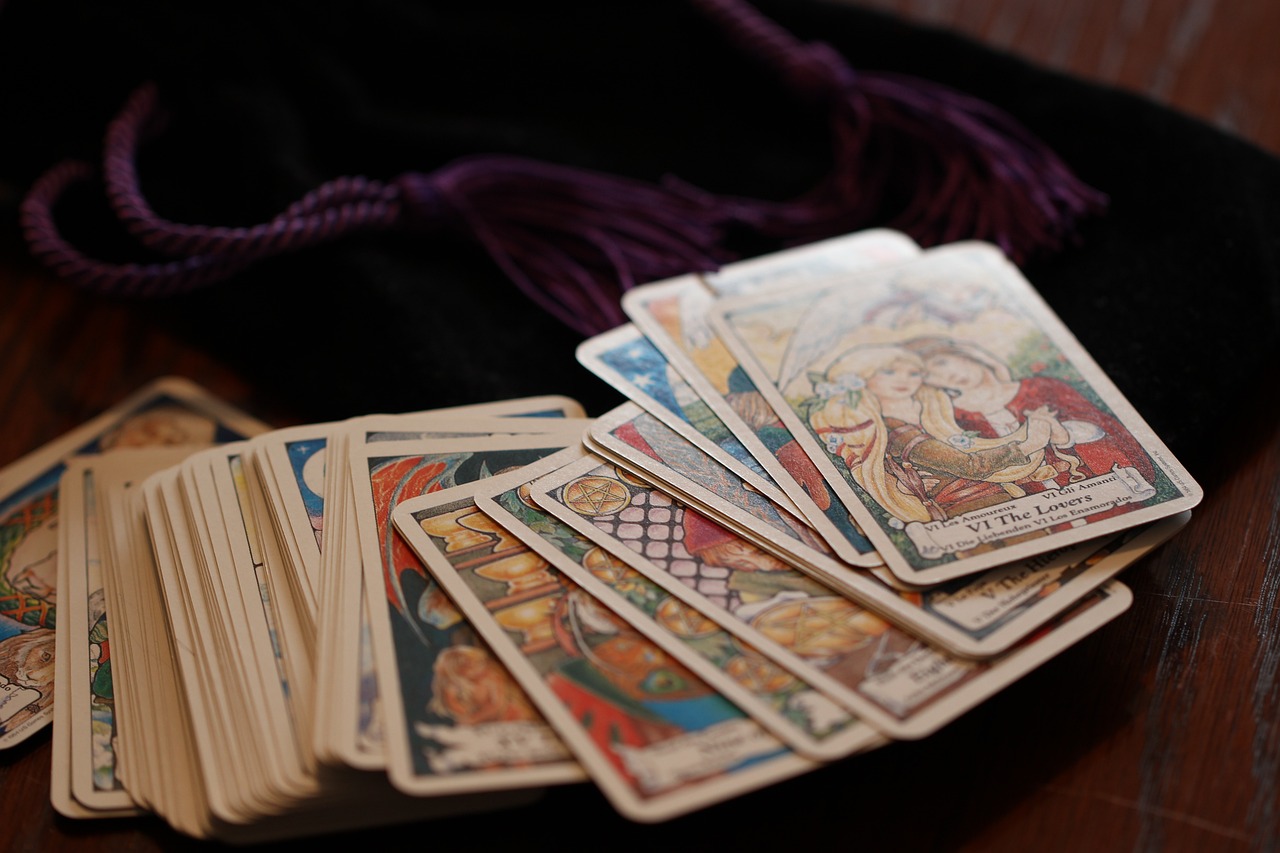Have you ever wondered why some of history’s most powerful and terrifying rulers looked up to the stars before making decisions that changed the world? Imagine a king, clutching the fate of an entire nation in his hands, yet unable to sleep unless an astrologer whispered secrets of the cosmos into his ear. The obsession with astrology wasn’t just a strange quirk—it was a deep, burning need for certainty in a world full of danger and betrayal. This fascination led the mighty and the ruthless to seek guidance from the heavens, believing that somewhere among the stars, their destiny—and their survival—was written.
Astrology: The Ancient Map of Power

Astrology was more than just a superstition for ancient rulers; it was a powerful tool, almost like a secret map to the future. Long before modern science, people believed that the stars and planets held hidden messages about life, death, and destiny. Kings and emperors, facing threats from enemies and even their own families, found comfort in the idea that the universe could offer them guidance. For these rulers, consulting the stars was not just about curiosity—it was about survival. The belief that the cosmos could reveal when to wage war or trust an advisor gave them a sense of control in an unpredictable world.
Babylonia and the Birthplace of Astrological Power

Babylon, with its towering ziggurats and wise scholars, was the cradle of astrological practice. The priests and astrologers of Babylon were so respected that their advice could sway the mightiest kings. These rulers believed that every eclipse, every unusual star, was a message from the gods. They wouldn’t dare crown a new king or start a military campaign without first consulting their astrologers. The Babylonians even kept detailed records of celestial events, hoping to spot patterns that could predict fortune or disaster. Their faith in astrology was woven into every fabric of their rule.
Astrologers: The Secret Power Behind the Throne

Astrologers often became the most trusted—and sometimes most feared—advisors in royal courts. While generals and ministers plotted politics and war, it was the astrologer who was called into the king’s private chambers at night. Their predictions could inspire confidence or instill terror. Some rulers even blamed their astrologers for defeat or rewarded them lavishly for a lucky prediction. The influence these stargazers held was immense; a single forecast could shift the fate of an entire kingdom. In many cases, astrologers shaped decisions that had life-or-death consequences for thousands.
The Fear that Fueled Obsession

Why did so many powerful rulers cling to astrology so tightly? The answer lies in fear. The higher the throne, the greater the fall. Kings and emperors were surrounded by plots, enemies, and unpredictable events. Astrology offered a way to feel less helpless, to anticipate danger before it struck. If a ruler could know when to act or wait, he might outwit his enemies and avoid disaster. This search for reassurance became an obsession, as if the stars themselves could guarantee safety and success. The terror of losing everything made astrology irresistible.
Ruthless Rulers and Their Astrological Fixations

Some of the most infamous rulers in history were deeply invested in astrology. King Henry VIII, known for his cruelty and paranoia, regularly consulted astrologers before making major decisions—whether it was marrying a new wife or declaring war. Roman Emperor Augustus, a master of political intrigue, kept his own astrologer close, using predictions to boost his public image and justify his actions. Even Ivan the Terrible, Russia’s fearsome tsar, relied on astrological forecasts, convinced his fate was tied to the stars. These leaders believed that ignoring the heavens could spell disaster.
Stars and Strategy: Astrology in Warfare

Astrology wasn’t just about personal fate—it was a weapon of war. Generals and kings planned battles around auspicious dates, hoping to strike when the stars were in their favor. Campaigns were launched or delayed based on lunar eclipses or planetary alignments. Some armies refused to march until an astrologer gave the green light. This reliance on astrology could tip the balance of power, making it a secret weapon in the hands of a determined ruler. The idea that the heavens could determine victory or defeat made astrology a crucial part of military strategy.
When the Stars Began to Fade: The Decline of Astrological Influence

As science and reason grew stronger, the grip of astrology on rulers slowly weakened. The rise of new knowledge challenged old beliefs, and skeptical minds began to question whether the stars truly controlled human fate. Still, some leaders clung to astrology, unable to give up the comfort it provided. Even as astronomers mapped the skies with greater accuracy, the old traditions persisted in shadowy corners of royal courts. The decline of astrology marked a turning point—a shift from magical thinking to a world shaped by evidence.
The Hidden Legacy of Astrological Rule

Astrology’s influence didn’t vanish overnight. Its legacy lingers in the symbols of power, the timing of ceremonies, and the language of fate that leaders still use. Even today, echoes of this obsession can be found in politics and culture. Some leaders consult horoscopes in secret, while millions look to the stars for guidance in their own lives. The belief that destiny might be written in the sky has never fully disappeared. The obsession of ancient rulers reminds us that the desire for certainty and control is timeless.
Astrology’s Place in Modern Leadership

In the modern world, astrology may seem less important, but its spirit survives. Politicians sometimes plan big announcements on “lucky” days, and some leaders quietly consult astrologers before major decisions. The fascination with celestial influence has simply become more private. Astrology now lives in magazines, apps, and casual conversations, but its role in leadership is still alive, if less visible. The longing to find order in chaos remains powerful, just as it did for kings and conquerors.
Visualizing the Obsession: Images of Power and the Stars

Imagine a painting of a king, his face tense with worry, gazing at a golden astrological chart. Picture ancient stone tablets, carved with mysterious signs, lying on a royal desk. Visualize a grand court, where an astrologer whispers urgently to the ruler, while courtiers watch in awe. These images help us understand the drama and intensity of astrology’s role in history. They remind us that behind every feared ruler, there was often a quiet figure watching the heavens—searching for the answers that power alone could never provide.


